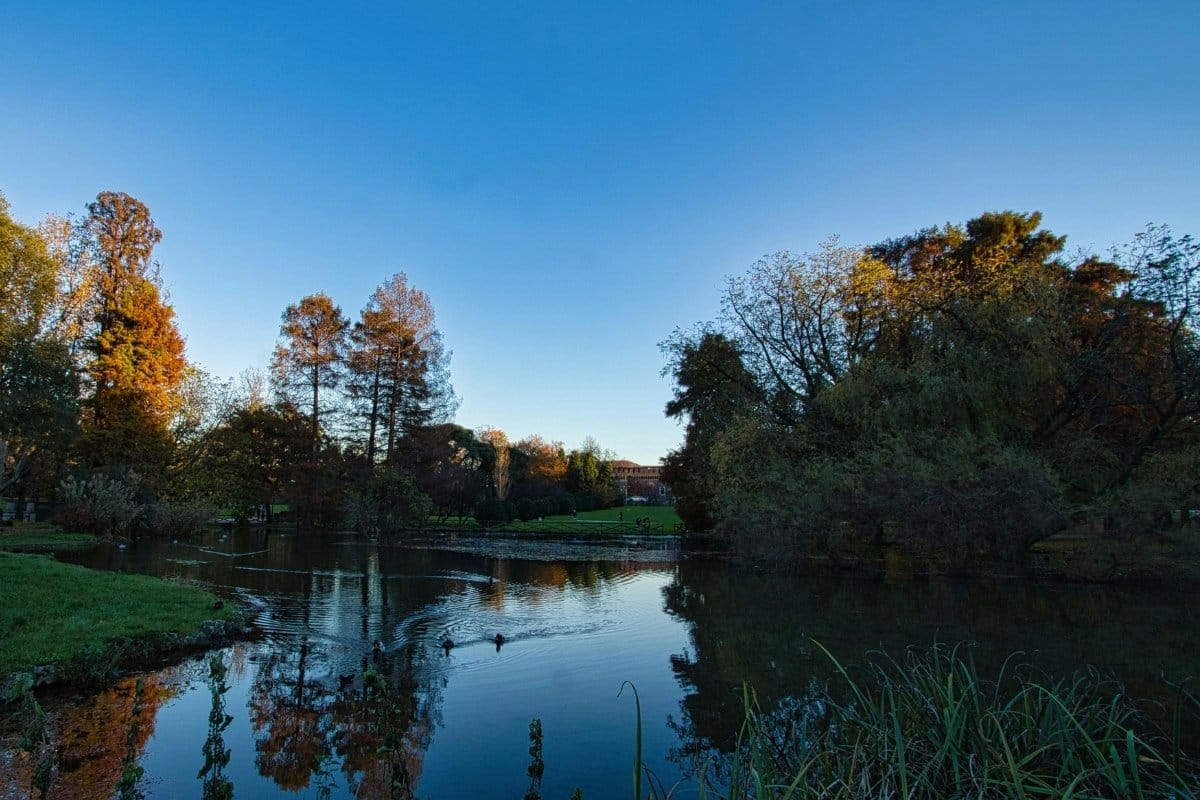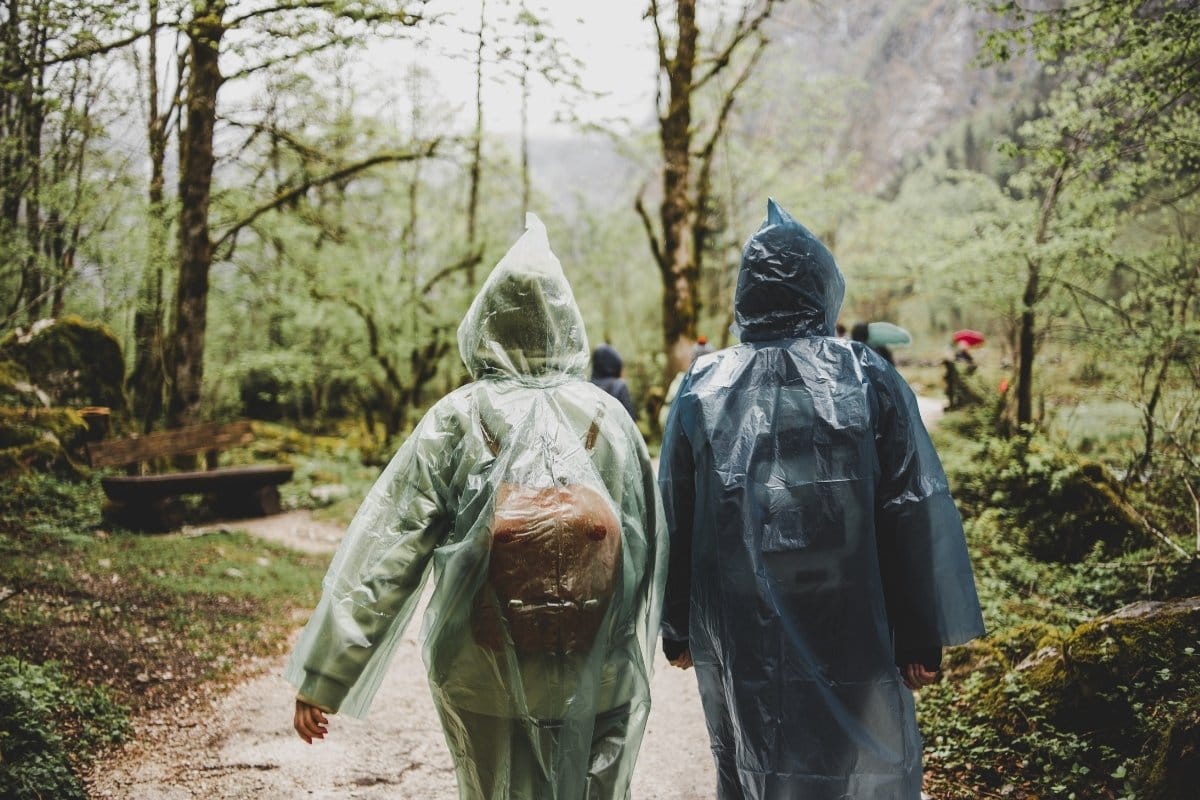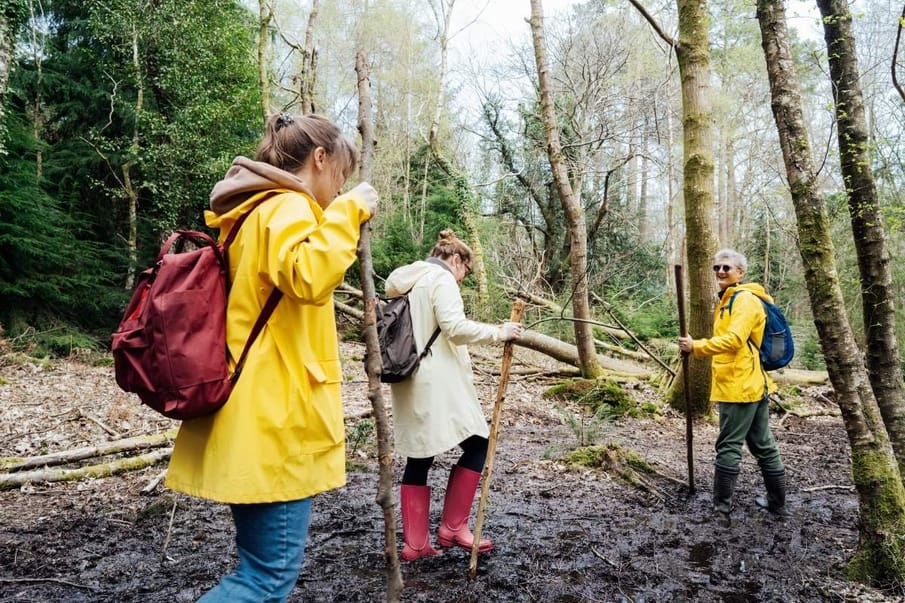In the first of our new series exploring incredible community initiatives paving the way to a more positive future, we join the Conversation Starter Project, which is making strides in bringing social support to its local greenspace…
A group of 20 people stroll together around a park, chatting and laughing while they gently amble along the path, shaded by trees – and all were strangers before they arrived. This is the Conversation Starter Project, where participants ‘walk and talk’ each week in the town of Horsham, West Sussex.
Founded in 2021 by chartered psychologist Dr Tara Quinn-Cirillo, the project was created as a direct response to the Covid-19 lockdowns. “As a psychologist in the community during the pandemic, I felt at a bit of a loss of what to do to help people cope,” says Tara.
According to the Office for National Statistics, loneliness in the UK has increased since April 2020, when 5% of people (about 2.6 million adults) said that they felt lonely ‘often’ or ‘always’. Results from the Opinions and Lifestyle Survey revealed that increased to about 3.7 million adults the following year.
In an effort to address this, Tara originally contemplated setting up ‘talking benches’, where people could sit and chat, but social distancing rules made this difficult. So instead, she explored combining movement and the great outdoors, putting a Facebook post online to gauge interest. As a result, the group quickly became a success, with people keen to access support during a period when social activities and many mental health services were temporarily unavailable. When lockdown ended, Tara realised the positive impact the project had, and decided to keep it going.
But it’s more than just hearsay; there’s scientific evidence to support the value of groups like this, as it’s been found that talking while walking is a good way to stimulate conversation and improve wellbeing. One systematic review, published in the Journal of Clinical Medicine, found nature walks effectively improved mental health, positively impacting depression and anxiety. The NHS piloted a year-long walking therapy project for people with depression and anxiety, with results showing 58% of clients moved into recovery after eight to 12 sessions of walking therapy – well above the NHS benchmark of 50%.
So now, come rain or shine, this incredible opportunity to connect with others in the great outdoors runs every week, and is open to all – completely free of charge. Considering accessibility and convenience, Tara’s group found the local park, located in the middle of Horsham, to be an ideal location, with its duck pond, trails, trees, and open grassland fitting the bill perfectly.

“You get people that you look forward to seeing and find out what they’ve been up to in the week, but also then we get new people, which we love, and we help them to feel comfortable,” Tara says. And it’s this social connection that is so invaluable to local residents.
“There’s evidence that sometimes people talk to just their own demographic,” Tara adds. “We have such varied ages in the group – people in their 80s, people in their 20s.” That’s part of what makes initiatives like this so special, as they give people a chance to talk to and make meaningful connections with those they may not otherwise have an opportunity to interact with.
Tara attends each week, alongside a few volunteers who have been trained to support participants. Although they are available when needed, participants are free to talk to anyone, and, as Tara notes, newbies will often find “one of our seasoned walkers will make a beeline for them”.
Walking in a crocodile format allows conversations to flow with ease, with no set topics, as they traverse a familiar route, meaning people don’t have to overthink directions or their next steps, helping them relax and be present. “There’s no pressure, which is really important,” says Tara. People can join and leave when they want, which alleviates some anxiety, and there’s a short pitstop halfway round for a rest, and to naturally change walking partners, if they want.
Safety is, of course, a priority, with Tara highlighting that they “have a safeguarding framework and risk assessments”, plus volunteers are trained in safeguarding, too, to give participants peace of mind that they’re in good hands.
What’s wonderful about this is that the Conversation Starter Project format has the potential to be replicated elsewhere.
It’s a big commitment to offer a walk every week for people, and you need to have the right amount of people able to do that with you, to make sure the community is safe, and the passion to do it as well,” says Tara. “What makes our project work is that every single person involved loves the project – we want to do it when it’s freezing cold, and it’s rainy, and muddy!”

Tara is putting together a ‘Walk and Talk’ guide for people interested in doing similar things in their community. If you’d like to take the first steps to creating a walk and talk initiative of your own, get in touch via conversation-starter-project.org.uk.
While it’s a big undertaking, projects like this have a hugely positive impact on the community, making space for people from all walks of life to spend time together in nature and create meaningful connections. And for Tara herself, starting the group has been a boost. “On a Wednesday, I always wake up and go, ‘I get to go for a walk,’” she says, smiling. “I think we get as much from it as we give.”


Comments